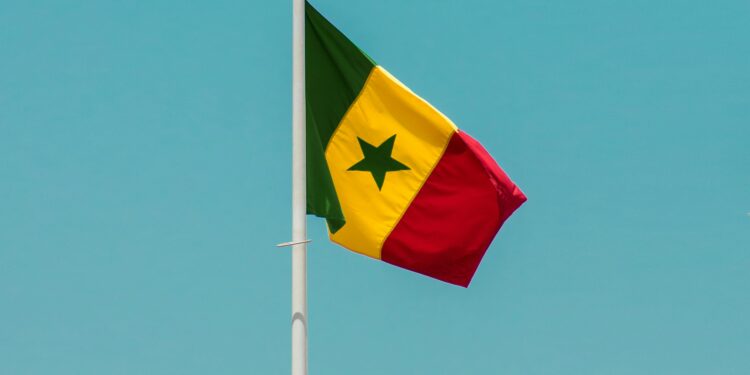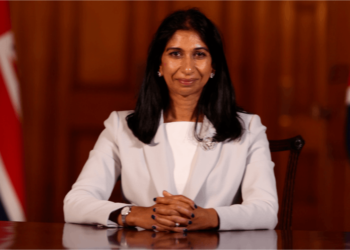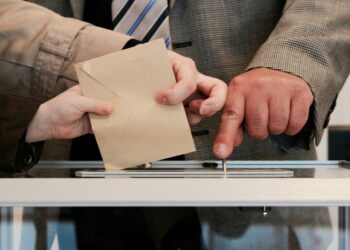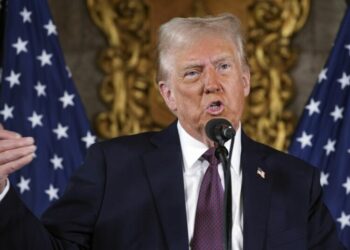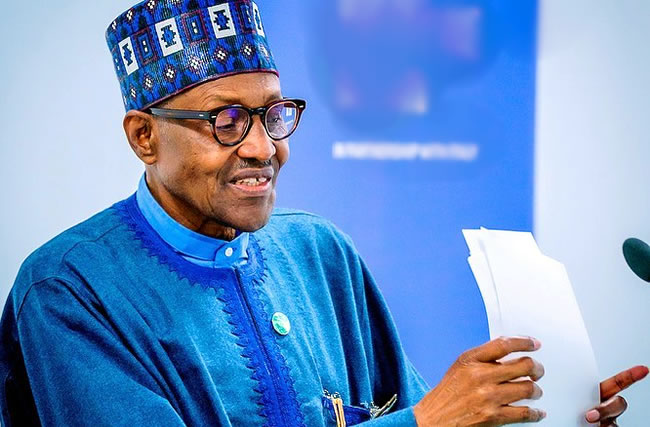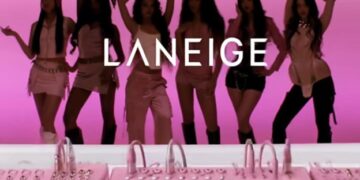Senegal hit the polls on Sunday for a legislative election that President Bassirou Diomaye Faye hopes will cement his party’s hold on power. This vote is not just a mere exercise in democracy, it’s a test for the new president’s ambitious reform agenda, as tensions run high after a heated and violent campaign period. With Senegal still reeling from one of the worst political violence episodes ahead of the March presidential election, many are still unsure about the calm that Faye calls for.
Standing in his hometown of Ndiaganiao, Faye made a public plea for peace, urging voters to accept whatever comes from the ballot box a noble call, though one wonders if it will be heeded given the recent political violence.

Over 7 million registered voters will be choosing representatives for a 165-seat assembly from a pool of 41 parties. Polling stations opened at 8 a.m. local time, with voters trickling in, holding onto hopes that this election might bring change. But with inflation driving everyday costs sky-high and unemployment choking the youth, the patience of Senegalese citizens is wearing thin. Faye’s rise to power in April, largely due to his vows to tackle corruption and bolster the economy, now faces a significant test. Yet, with the opposition controlling the dissolved assembly, Faye’s grand promises have faced roadblocks. His decision to dissolve the opposition-led assembly in September was a bold move, paving the way for this election as a gamble to secure legislative support ( wise, if you ask me).
In Dakar’s suburb of Parcelle Unite, voters showed cautious optimism. One resident, El Baye Toure, expressed hope that Faye’s party, Pastef, would deliver on their lofty promises. “We want them to address our issues, and we hope this election goes smoothly,” he remarked, a sentiment likely shared by many disillusioned citizens.
However, the economic picture remains weak and shaky. A government audit recently exposed a far deeper debt and budget deficit than previously reported by the last administration. The revelation has put a $1.9 billion IMF bailout program on hold since June 2023, casting a shadow over Faye’s economic revival plans ( it is easier said than done).
Adding to Faye’s troubles is a surprise alliance between two major opposition forces, one of which is led by former Prime Minister Macky Sall. This unexpected coalition could prove to be a formidable challenge for Pastef’s aspirations in the assembly. Meanwhile, Dakar’s mayor, Barthelemy Dias, another opposition figure, has had his supporters clash with Faye’s, showing that political divisions are as deep as ever.

